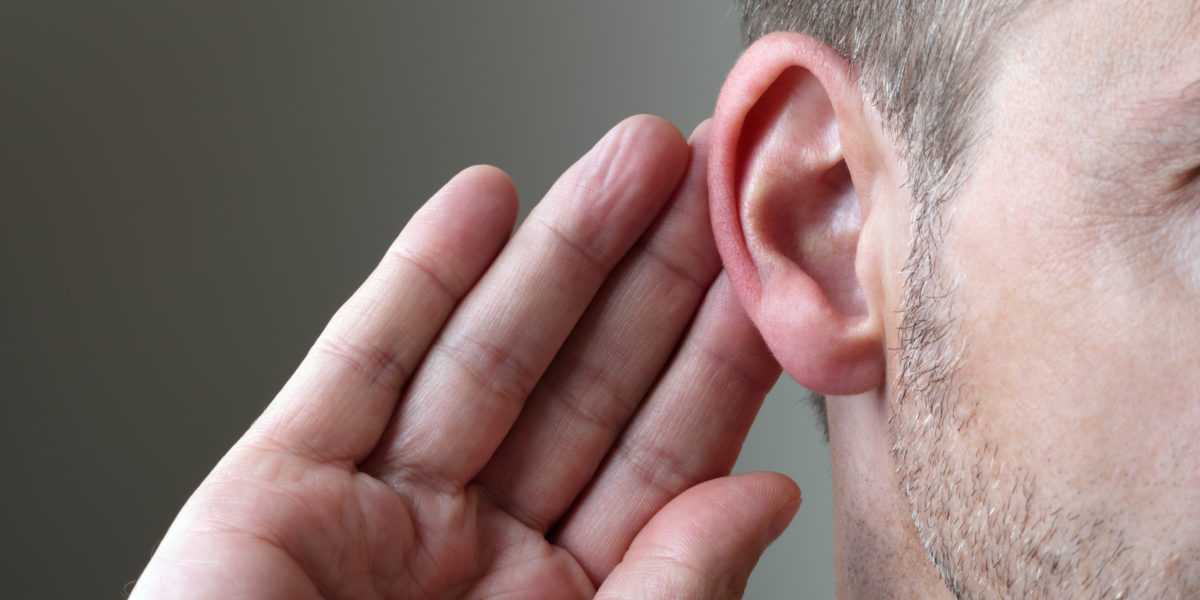I like to listen. I have learned a great deal from listening carefully. Most people never listen.
Ernest Hemingway
When I walked into my first job as a lawyer, Charles Morehead gave me some of the best advice I ever got. The Firm was a competitive shark tank teeming with talented predators – so these kinds of crumbs from my new colleagues were valuable. I hoarded them.
“Quit using your mouth,” he said. “Use your ears. Everyone thinks taking a deposition means talking. It doesn’t. It means listening. Listen to what the witness is saying. Really listen. Get behind what they’re saying – to what they mean. Then ask yourself – why are they trying to say that.”
This isn’t the kind of listening described in self help books. It isn’t designed to make people feel better[i]. This is professional listening. In my case, it is designed to unearth small truths that help jurors understand a larger truth (that results in something tangible – a Verdict – an English word with a Latin root, verdictum).
I was in New Orleans once, deposing an expert witness at Tulane University. He was a medical doctor specializing in psychiatry, hired by a health care provider my client was suing. I’ve long forgotten which case or what the issue was but I do remember thinking at the time that I was hearing an unreasonable level of stubbornness. Rather than fight him, I led him with some slack – like a fish – just to see how far out he was willing to go before he got tired. The hour grew late, people got aggravated and flights got missed. Still, I hadn’t asked a hard question. I’d just been letting him drift through the universe of his stubborn opinion.
My Father once told me, “I’ve asked a witness a hundred questions to get the answer to one.”
So when it got late and it looked like this Tulane shrink couldn’t stand it anymore, I asked a tough question. That was when he threatened to have me committed involuntarily to his institution for psychiatric evaluation. They have Napoleonic Code there in Louisiana – I couldn’t even begin to imagine the ins and outs of how that might work. The look on his face when he’d finished his rant was priceless. He’d gone too far and everyone in the room knew it – including him. I made sure we had it on the record and wrapped up.
You gotta learn to listen, listen to learn / You gotta learn to listen, before you get burned / Learn to listen, listen to learn / You gotta learn to listen, before you get burned
The Ramones, Learn to Listen
A few minutes later, I was enjoying turtle soup at Antoine’s in the French Quarter. Thinking about how to use crazy talk in an expert deposition to help my client.
[i] In “Tell Me More, On The Fine Art of Listening”, Brenda Ueland describes an “alternating current” that “recharges us so that we never get tired of each other.”

